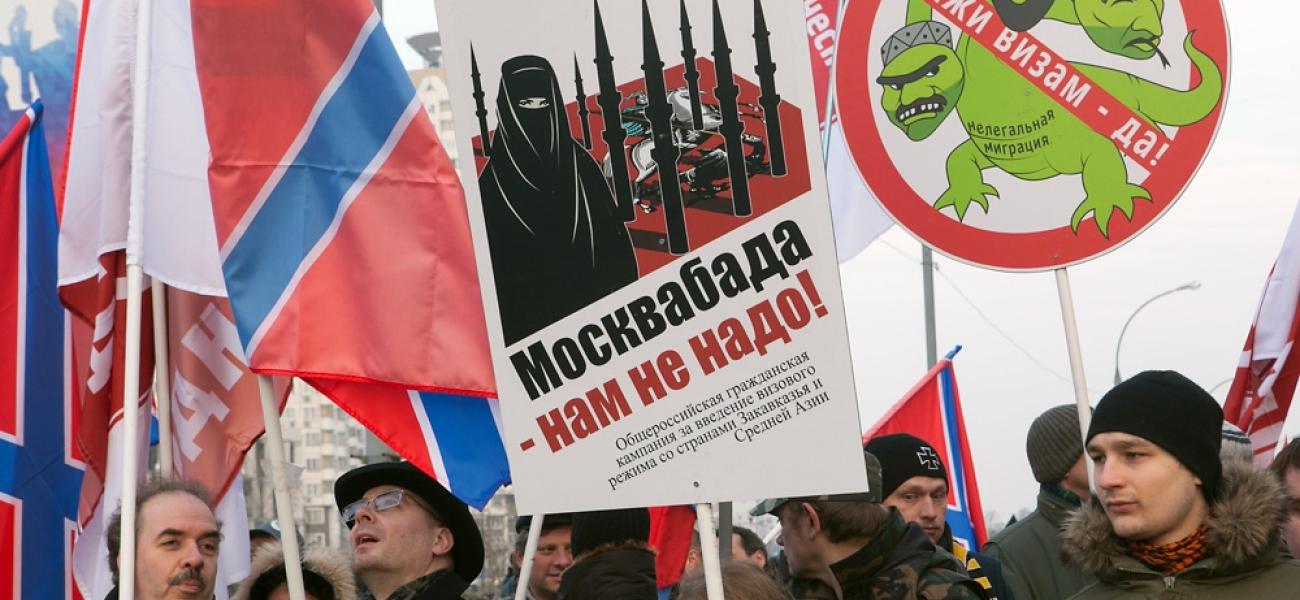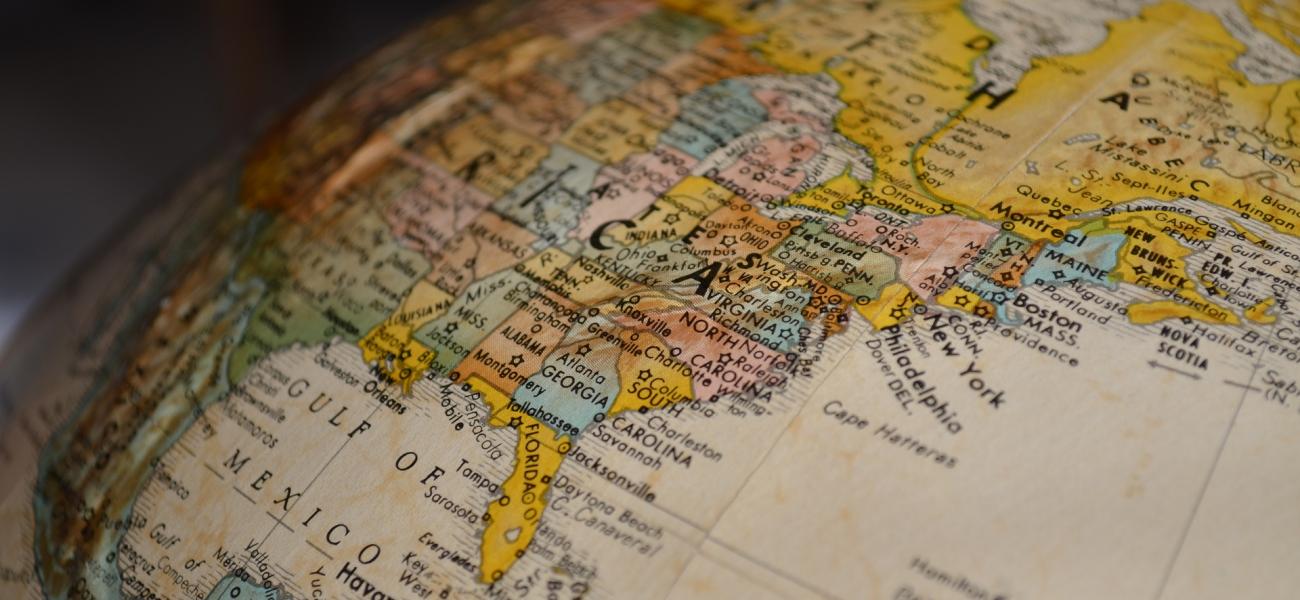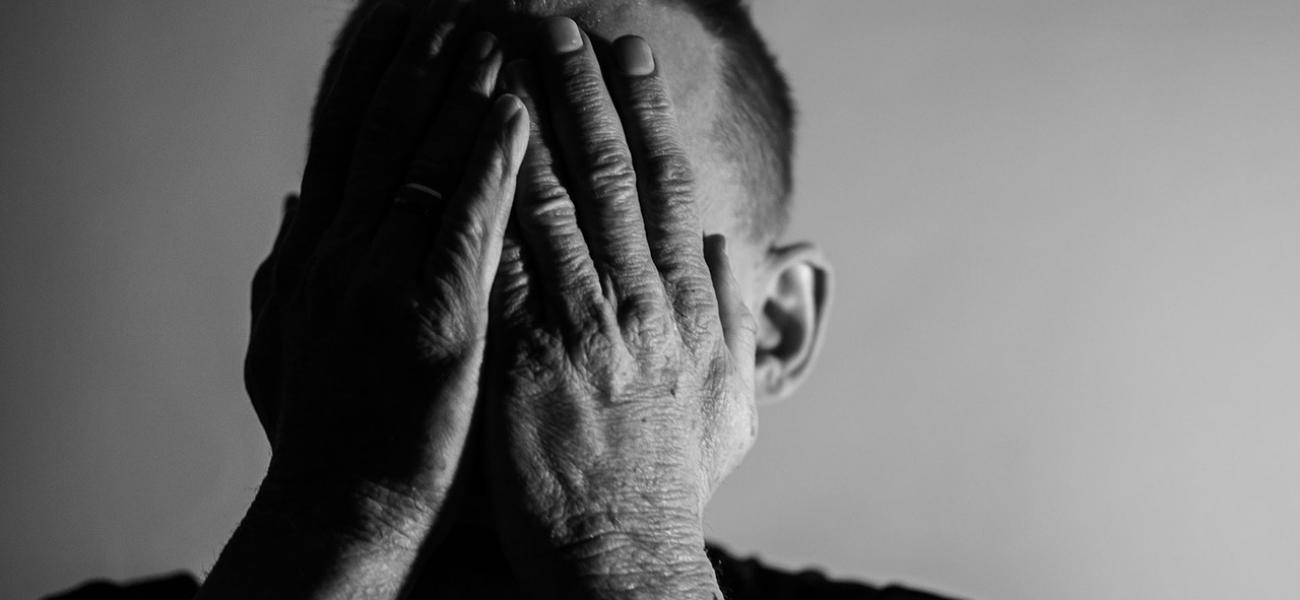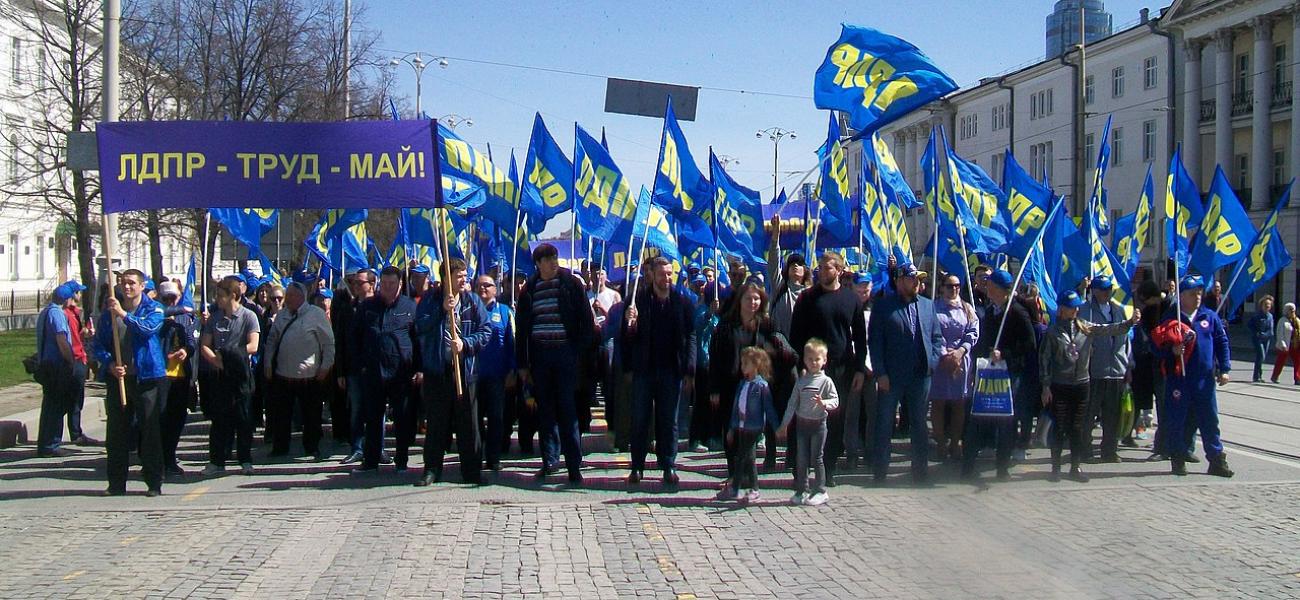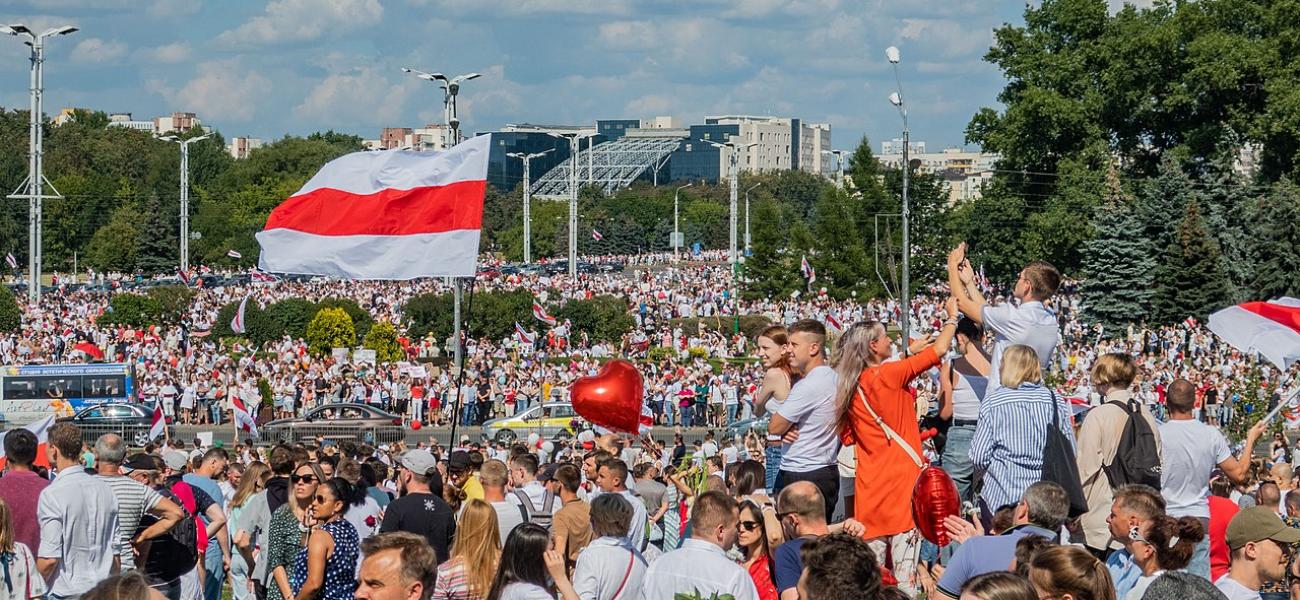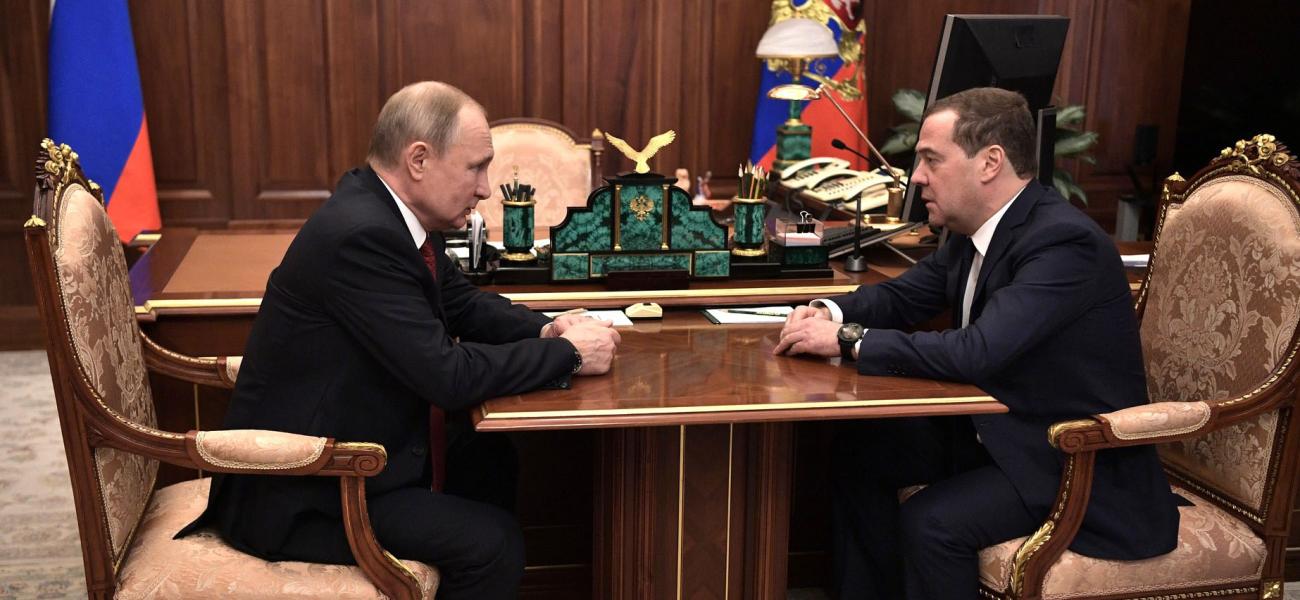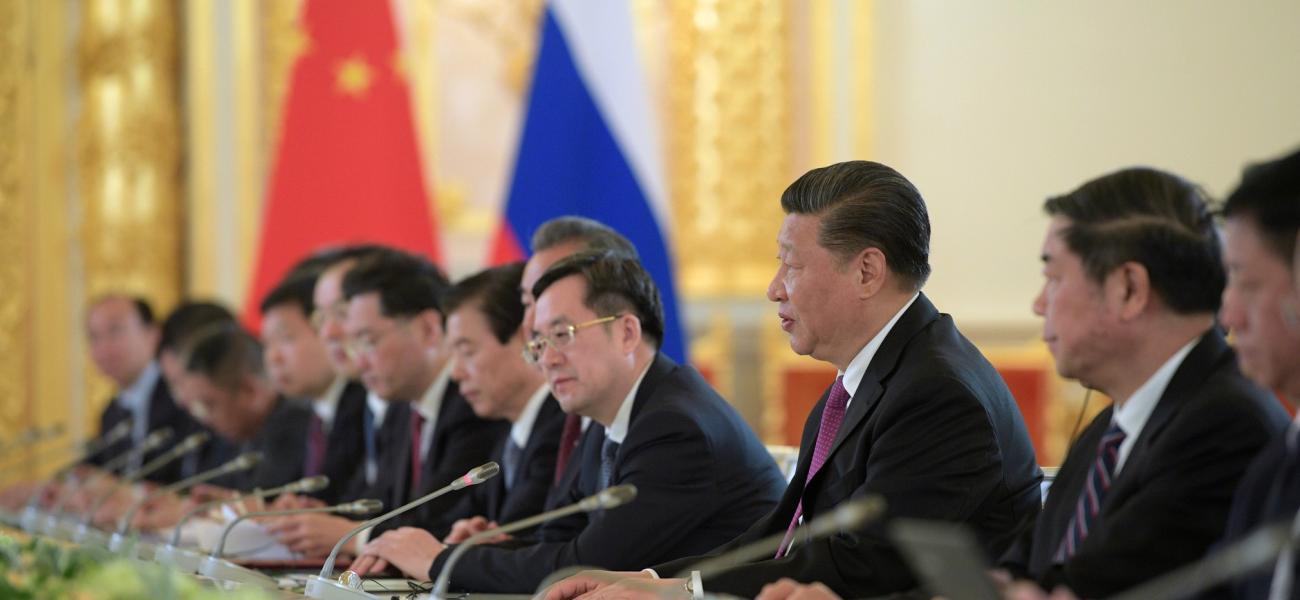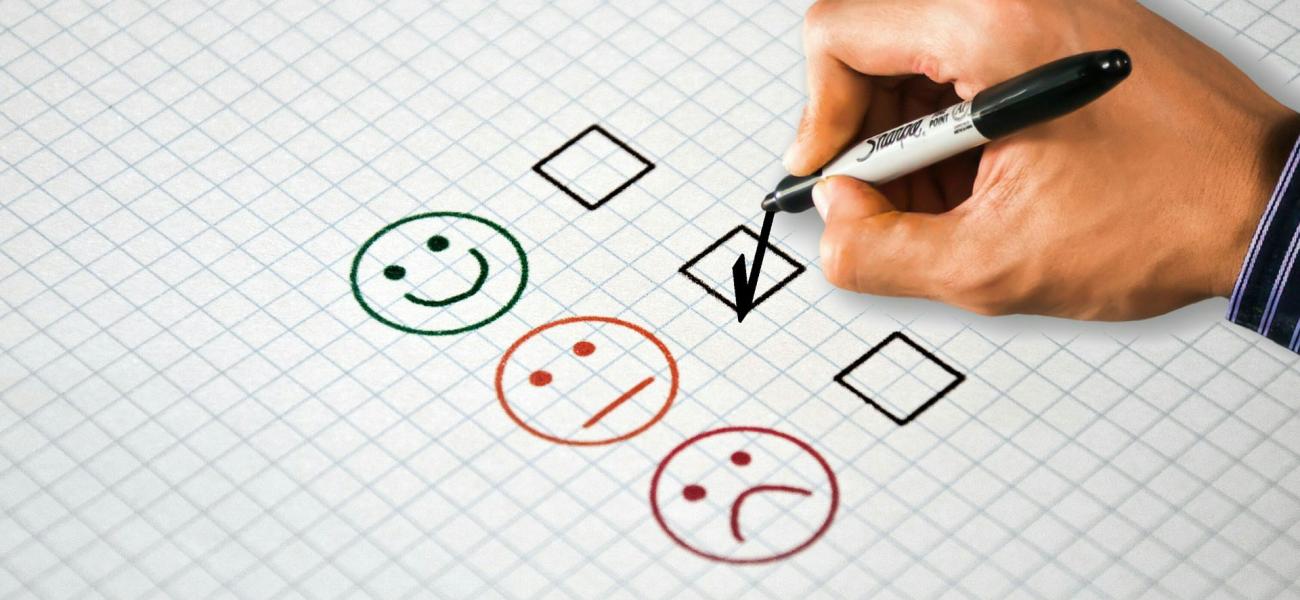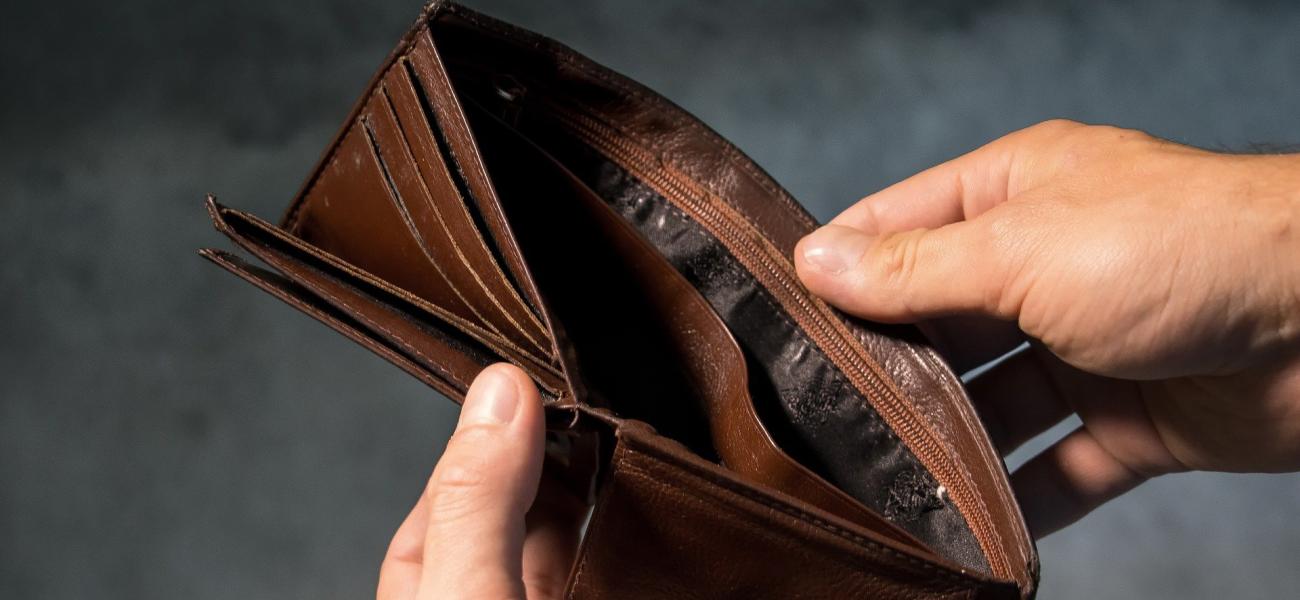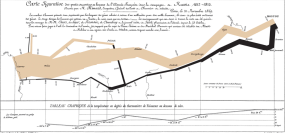Slightly more than half (51%) of Russians either support implementing the idea of “Russia for [ethnic] Russians” or think it would be good to implement “within reasonable limits,” according to a Levada Center poll of 1,600 people in 137 localities across 50 of Russia’s 80-plus regions conducted Aug. 20-26, 2020. This represents a decline of 4 percentage points compared to August 2019 when 55% of Russians held this view. In the 19 years that the independent pollster has been asking Russians for their opinions about the idea of “Россия для русских,” or “Russia for [ethnic] Russians,” (2002-2020), the share of respondents who supported its implementation—with or without “reasonable limits”—peaked in October 2013 (66%) and was lowest in July 2017 (45%). With the exception of 2017-2018 the share of Russians who supported implementing this idea never fell below 50% (see table below).
In the Thick of It
A blog on the U.S.-Russia relationshipLevada: Russians Continue to View US as Most Hostile, Belarus and China as Friendliest Allies
The share of Russians with a good or very good attitude toward the U.S. remained steady at 42 percent from January to August 2020, as did the share of Russians who have a bad or very bad attitude toward the U.S. (46 percent), according to the Levada Center’s latest report on the results of its recent opinion polls asking Russians about their attitudes toward other countries. At the same time, the share of Russians who view the U.S. as the most hostile country to Russia declined from 67 percent in 2019 to 60 percent in 2020. Interestingly, the share of Russians who view Belarus as the friendliest country to Russia also declined in that period from 62 percent to 58 percent, according to the polls conducted by Russia’s leading independent pollster.
Russians continue to worry most about price increases and unemployment growth, according to the results of the latest in the series of polls by sociologists of the Moscow-based Levada Center on the top concerns of their countrymen. According to the August 2020 poll, which allows multiple answers, including those offered by the pollsters and those the respondents themselves came up with, 61 percent of Russians worried about increasing prices, 44 percent worried about unemployment, while 39 percent were concerned about poverty. In comparison, poverty ranked second in the August 2019 poll, unemployment ranked fourth, corruption ranked third and price growth was Russians’ top concern. This represent a stark contrast to 1998, when the first such poll was conducted. At the time, wage arrears (67 percent), rising unemployment (65 percent) and economic crisis (57 percent) were the top three concerns. Interestingly, terrorism has never been a top concern, with the share of individuals worried about it ranging from 16 percent in 2000 to 5 percent in 2020.
With one year left before the parliamentary elections in Russia, the nationalist Liberal Democratic Party of Russia (LDPR) has emerged as the second-most popular political party in Russia behind the ruling United Russia Party, according to the Levada Center.
The Russian independent polling organization’s Aug. 20-26 poll shows that the LDPR has extended the lead it gained in February over the Communist Party of the Russian Federation (KPRF). Poll results show that if an election were to be held on the coming Sunday, 16 percent of people who indicated that they would vote said they would choose the LDPR, compared to 45 percent for United Russia and 9 percent for the KPRF.
When Kyrgyz President Kurmanbek Bakiyev pleaded with Russian President Vladimir Putin in 2010 to have either Russia or the Russian-led Collective Security Treaty Organization intervene to nip a color revolution against him in the bud, the Kremlin ignored that plea. However, when Belarusian leader Alexander Lukashenko made similar pleas this week, Putin first apparently promised “comprehensive security assistance,” according to Lukashenko, and then stated “preparedness to render necessary assistance in resolving the emerged problems on the basis of the treaty on establishment of the Union State, and, if needed via the Collective Treaty Organization,” noting “external pressure” on Minsk.
These statements have led a number of Russia-watchers to proclaim Russia’s military intervention in Belarus is imminent or even underway. But is it?
To answer this question, I suggest exploring whether two conditions, which I have earlier identified as necessary and sufficient for Russia’s military intervention, are present in the case of Belarus. I identified those conditions to explain why Putin’s Russia did not intervene during the color revolutions in Ukraine in 2008 and in Kyrgyzstan in 2005 and 2010, but did so during the revolution in Ukraine in 2014 and in Syria in 2015. I also used this approach to predict that Putin would not intervene in Armenia when pro-Russian leader Serzh Sargsyan was being ousted from power in 2018, even though Russia had plenty of troops on the ground to do so.
Did the U.S. or Russia “defeat” ISIS? Is there an influx of international white supremacist fighters in Ukraine? What keeps the U.S. and Russia from stumbling into war? What is in Russia’s nuclear toolbox and what do recent documents reveal about its nuclear policy? Answers to these questions and many more can be found in our most read commentaries of 2020 through July 31. Check them out below.
Top 10 of 2020 (Jan. 1-July 31)
1. Who ‘Defeated’ ISIS? An Analysis of US and Russian Contributions by Domitilla Sagramoso
2. Is Ukraine a Hub for International White Supremacist Fighters? by Huseyn Aliyev
3. 5 Years Since Russia’s Intervention in Ukraine: Has Putin’s Gamble Paid Off? by Simon Saradzhyan
4. What Stops US and Russia From Stumbling Into War? by Simon Saradzhyan
5. Poll: Majority of Young Russians Distrust NATO, Don’t Consider Russia a European Country by Thomas Schaffner and Angelina Flood
Russians’ Approval and Trust for Putin Shows Slight Rebound, Although Still Below Previous Years
Russians’ trust and approval for President Vladimir Putin has slightly increased from low points in May and April, although it is still significantly lower than in previous years, according to a poll conducted June 27-28 by independent polling organization, the Levada Center. The percentage of respondents who approve of Putin’s actions as president has fallen from 79 percent in 2018 to 60 percent in June of this year. Previously, Putin’s approval dropped precipitously from 69 percent in February 2020 to an all-time low of 59 percent in April 2020, coinciding with the spread of the novel coronavirus in Russia. It has since regained a percentage point.
Both American and Russian participants at a recent Center for the National Interest event expect U.S. dual containment of China and Russia to continue, even though all believe such a policy is flawed, and some believe it is unsustainable. Russian participants, meanwhile, think that Russia will remain an independent pole, even as the COVID-19 pandemic accelerates the transition to a bipolar world order dominated by the U.S. and China, by engaging countries that do not wish to firmly align with either China or the U.S.
The participating experts generally agreed that the United States’ policy of dual containment against both Russia and China is flawed. According to J. Stapleton Roy, former U.S. ambassador to China, dual containment is “unnecessary and detrimental.” Paul Heer from the Center for the National Interest (CFTNI) added that even before the pandemic, the U.S. simply did not have the capacity to continue its policy of dual containment. However, there was also a consensus among participants that regardless of the advisability of such a policy, dual containment is probably here to stay, no matter who ends up in the White House after America’s November elections.
Coronavirus and the Kremlin: Will Putin’s Ratings Keep Falling Through Fall?
The COVID-19 pandemic has already pushed Vladimir Putin’s approval ratings to historically low levels, and it may be that the ratings of the Russian leader, his government and his party are not done falling just yet.
Lower Approval, Trust in Putin
A poll conducted in April and released in May by Russia’s most respected independent pollster, the Levada Center, shows that 59 percent of Russians approve of Putin’s actions as president. While leaders of some other countries would take such a low point on any day, this figure actually represents Putin’s lowest approval rating in his 20 year tenure as Russia’s leader. Levada’s poll also shows that Putin’s approval ratings have decreased over the last few months: in February, his approval ratings were reported at 69 percent; in March, 63 percent.
Other Russian polling organizations’ reports support the Levada Center’s findings. While the state-owned Russian Public Opinion Research Center (VTsIOM) reports slightly higher numbers, approval ratings nonetheless seem to have slipped according to this organization as well. VTsIOM poll numbers from the beginning of February show that 66.1 percent of Russians approved of Putin’s work as president, and by the organization’s May 10 poll, this number had dropped to 61 percent. Another organization, the Public Opinion Foundation (FOM), which is formally independent but has allegedly partially relied on doing work for the Kremlin, confirms this trend as well, showing that 62 percent of Russians believed that Putin was doing good work as of May 24, compared to 65 percent at the beginning of February.
Almost half of Russians expect layoffs within their household in the coming months and almost one-third have already had someone in their household recently fired, according to an April 26-28 poll by Russia’s most respected independent polling organization, Levada Center. Moreover, more than a third of the poll’s respondents said they or their family members have already experienced pay cuts (see table 1). In contrast, when surveyed by Levada in October 2019, only 14 percent of Russians reported recent layoffs in their household, and 27 percent were expecting to lose their jobs in the near future (see table 1). Since October, the shares of respondents suffering from pay cuts and wage arrears have all increased dramatically. Respondents experiencing wage delays increased from 13 percent in October to 25 percent in April, while the share of those who saw their wages cut went from 14 percent to 32 percent in the same period of time.

